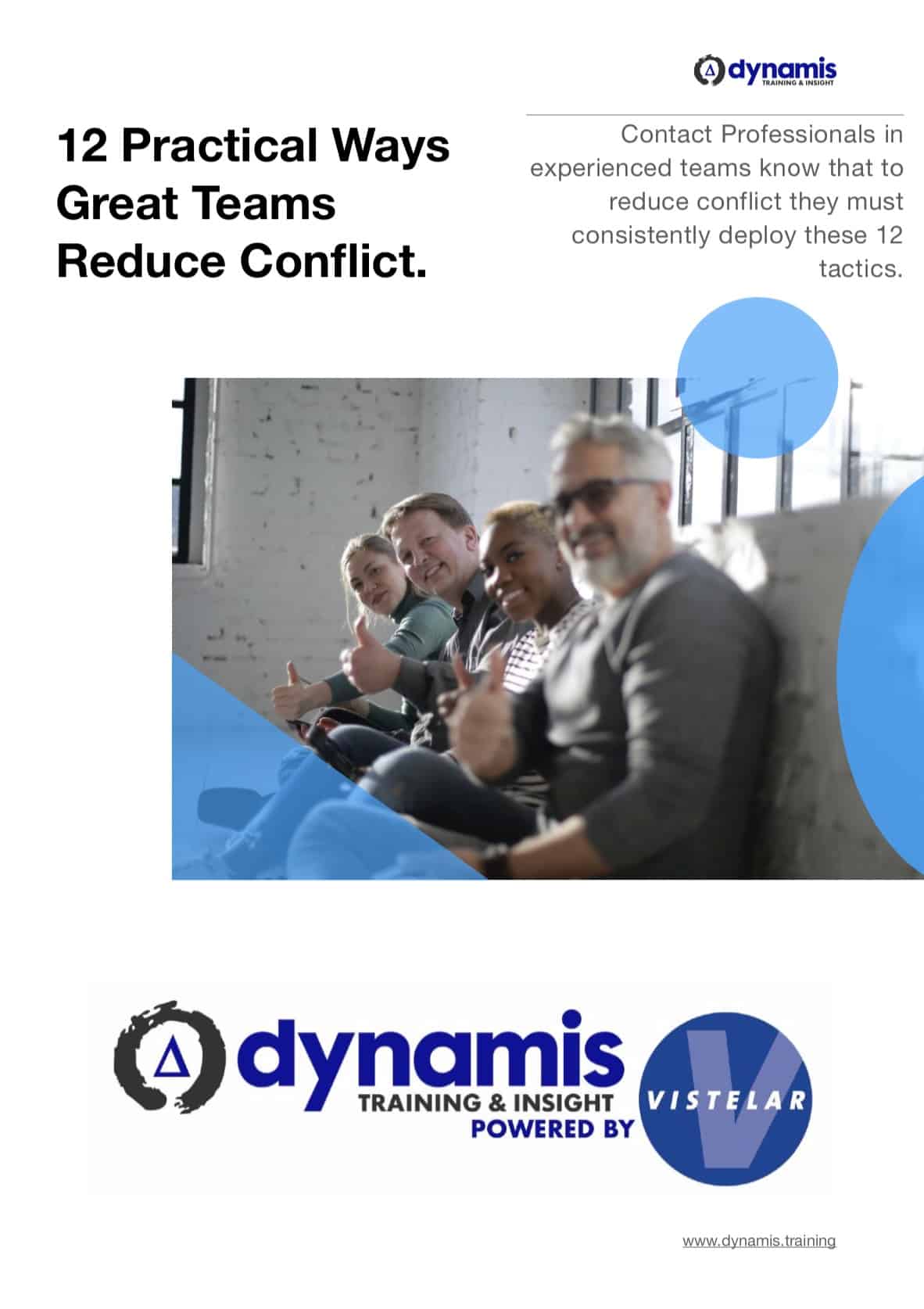I wanted to add another comment in regard to Medway Secure Training Centre this week (Panorama goes undercover at young offenders’ unit – BBC …) about the lack of immediate accountability of the staff which seemed apparent on the programme.
“in the Stanford Prison Experiment, the subjects who were randomly assigned as prison guards gradually adopted the behavior of cruel and demanding prison guards because that became the behavioral norm” – Philip ZIMBARDO
Some have commented on the use of uniforms and the title “Custody Officer” and whether those terms and the use of police-style uniforms are appropriate in a youth service. One of my colleagues, Ade Turner, a FES-certified trainer from ACT training, said: “I believe changes are required at this type of establishment around what the staff are called and how they are dressed & what the children there are referred to. Yes I know the children have committed crime, but they require nurturing and helping as much as possible. The staff mentality of them dressed in uniform & being called custody officers seems to give them an excuse to act as an authoritarian . Perhaps they should consider how most private Mental Health hospitals refer to their staff & the people they look after.”
The issue goes very deep…
“Situational forces mount in power with the introduction of uniforms, costumes, and masks, all disguises of one’s usual appearance that promote anonymity and reduce personal accountability. When people feel anonymous in a situation, as if no one is aware of their true identity (and thus that no one probably cares), they can more easily be induced to behave in antisocial ways.
When all members of a group are in a deindividuated state, their mental functioning changes: they live in an expanded-present moment that makes past and future distant and irrelevant. Feelings dominate reason, and action dominates reflection. The usual cognitive and motivational processes that steer behavior in socially desirable paths no longer guide people. It becomes as easy to make war as to make love, without considering the consequences.” – Philip Zimbardo
How does de-individuation happen in a service?
When Leaders and Supervisors fail to thoroughly offer feedback to their staff on individual incidents, they leave the door wide open for de-individuation and anonimity to run rampant with their institutional culture.
So, it is advisable to have a consistent debriefing practice which, for example:
1) holds team-members accountable for their own actions in isolation from what the ‘team’ did
2) gives team-members individual feedback on their performance as an individual and
- acknowledges what they did which was expected of them and then
- praises them for the things that they did which were practice-oriented
- focuses on what can be done better next time by the individual and by the team, including
3) what the supervisor will be actively looking for when they next observe the team member performing in such an interaction (what they want to see the team member practicing). This type of supervision will promote personal accountability and will go a long way to addressing the creeping culture of abuse.
BYSTANDER MOBILISATION
The next stage, once a culture of practice and feedback is in place, is to make every single person in the organisation a “mobilised” bystander.
Gary Klugiewicz from Vistelar and VDI explains what a Bystander is:
“bystander” refers to all of the people who are witness to or are aware of a social injustice, and are in a position to do something before, during, or after the event that could have changed the outcome of the event or could have lessened the cost of the negative personal, sociological, or psychological ramifications of the event. Read more from Gary here
Once an individual feels supported and is in an environment where their individual contributions to their workplace are recognised and indeed demanded from their peers and supervisors, it is more likely we will see more accountability, more whistle blowing and less bad practice in our care institutions.
To learn more about how we do this in Verbal Defense and Influence, why not join us? We will be holding our first-ever UK instructor certification course which is happening towards the end of 2016.
#bbcpanorama


